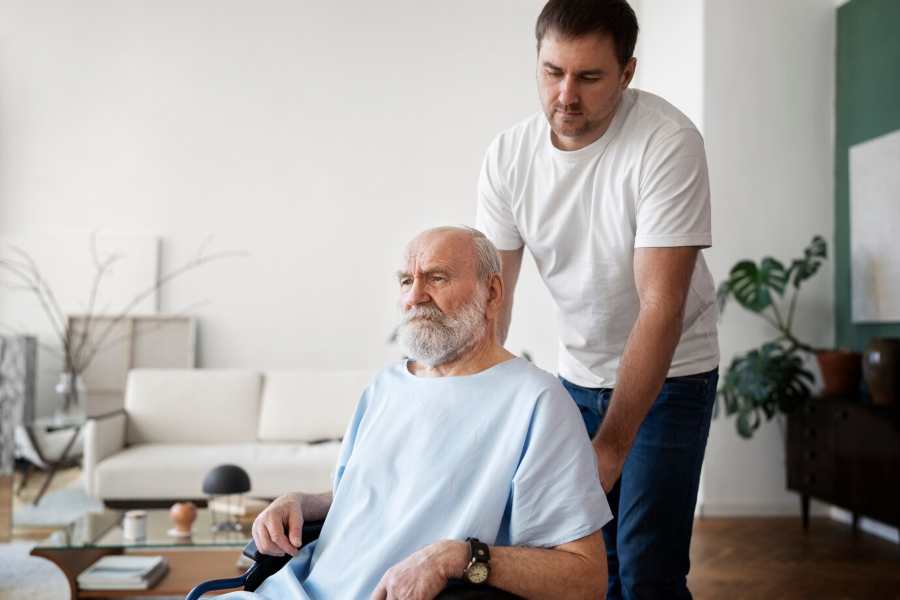When you entrust the care of an elderly family member to a nursing home, you presume, quite rightly, that they will receive the best care possible. However, the statistics paint another picture, and they’re shocking. According to the World Health Organization, rates of abuse in nursing homes are high with as many as two in three staff members reporting that they have committed abuse within the past year. In this article, we’ll tell you what to look out for when nursing home abuse occurs and when to consult a lawyer.
Common Signs of Nursing Home Abuse
As many of our elders are in nursing homes due to their frailty, they may not be able to communicate with us (and might not even be aware of) any mistreatment or abuse that’s occurring. As their loved ones, it’s up to us to be mindful of their situation and look out for signs that something isn’t right. Here are some things that could indicate nursing home abuse is occurring:
- Physical signs: Things like unexplained injuries and bruises could indicate maltreatment.
- Emotional signs: If your loved one is suddenly fearful of staff, has changes to their mood, or suddenly becomes withdrawn, it’s important to try to establish why as they could be suffering from abuse.
- Financial signs: Abuse can also be financial exploitation. This might become apparent with things like missing belongings or unexplained transactions.
- Signs of neglect: Bedsores, poor hygiene, malnutrition, dehydration, and unsafe living conditions are all potential signs of nursing home abuse.
While these are all red flags, they do require further investigation and observation. Things like bruising could be from falls or medical treatments and emotional changes could be because of other conditions like dementia or depression.
Steps to Take If You Suspect Abuse
If you suspect there is mistreatment, the next steps are crucial. Acting quickly will be in the best interests of your loved one. Here are the steps to take:
- Document everything: Write down information about injuries (dates and times), changes in behavior, and financial discrepancies.
- Speak with caregivers and facility administrators: Address your concerns formally to see if there are any explanations. You should look into the nursing home’s complaints procedure to ensure you follow all of the necessary steps correctly.
- Report your concerns to ombudsmen programs or local authorities.
- If there are serious concerns or your concerns are not addressed, seek legal guidance.
When to Consult a Lawyer
If you’ve attempted to get to the bottom of your concerns and haven’t felt listened to or been given valid explanations, you should seek advice from a nursing home abuse lawyer. A lawyer can investigate the issues and, where needed, represent victims in legal proceedings.
Endnote
Being vigilant about the care received by elderly loved ones is crucial for ensuring they stay happy and healthy for as long as possible. If there is any doubt about the treatment of your family members, you should always seek legal advice. Remember, many of our elderly loved ones are unable to speak for themselves so it’s up to us to ensure their safety and dignity.


